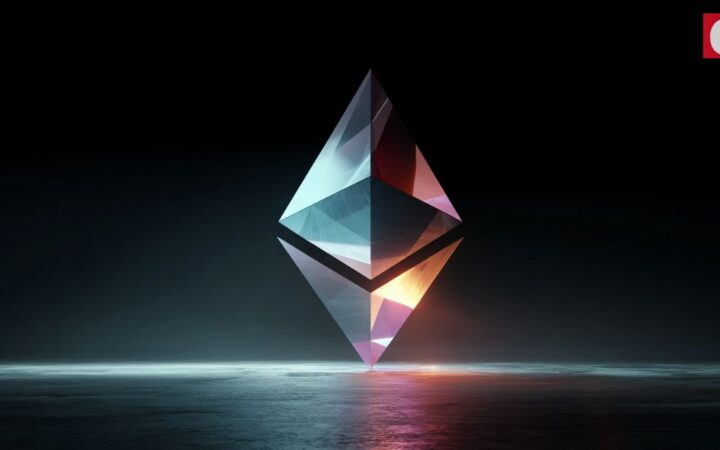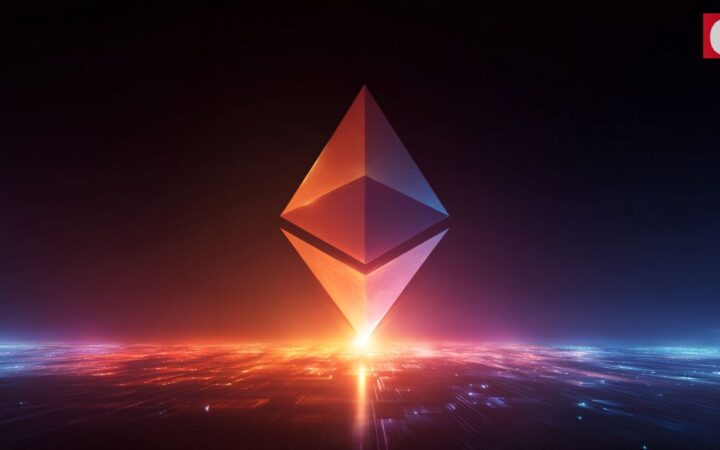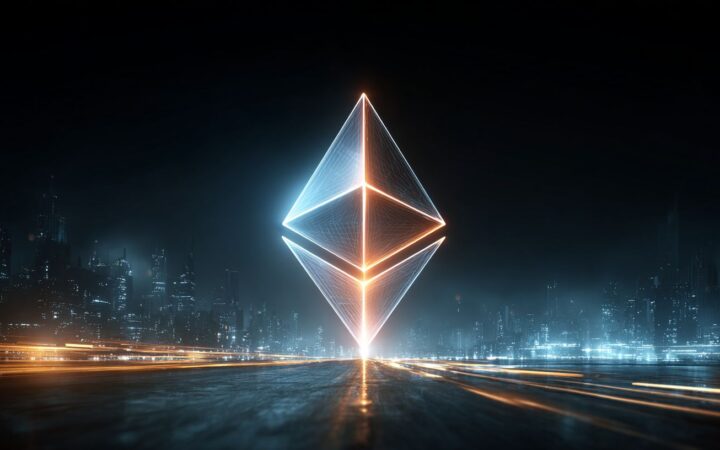
Scaling issue, the most talked about challenge of today’s blockhain networks, hasn’t passed even Ethereum by. It became a problem for Ethereum earlier this year when users for the first time experienced real network congestion resulting from too much traffic from ICO funding. Of course, here we are not speaking about hours of waiting, as, when talking about Ethereum, a few minutes is a long time as well. Still, if compared to Bitcoin, transactions get into Ethereum blocks still very quickly.
To tackle the issue Vitalik Buterin (creator of Ethereum) and Joseph Poon (co-creator of the Lightning Network) create what they believe to be a viable scaling solution for the Ethereum project. Plasma solution, according to its draft white paper is believed to avoid the situation, faced by Bitcoin, when the larger blocks became, the more expensive and dedicated equipment would have to become in order to be a full participant in the network.
“The greatest complexity around global enforcement of non-global data revolves around data availability and block withholding attacks, Plasma has mitigations for this issue by allowing for exiting faulty chains while also creating mechanisms to incentivize and enforce continued correct execution of data. […] As only merkleized commitments are broadcast periodically to the root blockchain (i.e. Ethereum) during non-faulty states, this can allow for incredibly scalable, low cost transactions and computation. Plasma enables persistently operating decentralized applications at high scale.”
OmiseGo, built on the existing product, Omise, a very popular payment management platform in Southeast Asia, is an Ethereum-based payment system, which is aiming to be compliant with the Plasma scaling proposals.
Basically, OmiseGo is an e-wallet and payment platform operating across currencies and assets.
Its advisory board consists of starry blockchain and Ethereum developers, including Vitalik Buterin, Gavin Wood, and Joseph Poon.
OmiseGo is to create a platform for managing fiat/cryptocurrency/other assets with its powerful wallet Software Development Kit, used to ensure full interaction with OmiseGo network. It aims to solve a lot of problems, including settlement time, fees, transparency, security, finality.
OMG tokens, ERC-20 token based Ethereum until OMG blockchain is created, will be used to validate the Proof of Stake network of OmiseGo and serve a means for tokenholders to get rewards: more transactions on the OmiseGo blockchain – more benefits tokenholders receive. At press time, OMG takes the 1st place among all Ethereum’s assets being traded at slightly more than $9, with market cap making almost $893M, according to the coinmarketcap.com.
As have been said, OmiseGo is going to be a new blockchain, being closely integrated into Ethereum mainnet, which will enable its users to manage: fiat tokens, cryptocurrencies, other assets (including loyalty and reward points).
OmiseGo can be used in the following cases:
- Remittances;
- Loyalty points;
- Mobile banking;
- Asset tracking;
- Digital gift cards;
- Tokenized fiat.
According to the team behind the project, one of the biggest markets they want to cover is $442B Remittances market, later moving to payments, loyalty and rewards, gaming and messenger platforms.
Disclaimer: Coinspeaker is committed to providing unbiased and transparent reporting. This article aims to deliver accurate and timely information but should not be taken as financial or investment advice. Since market conditions can change rapidly, we encourage you to verify information on your own and consult with a professional before making any decisions based on this content.





